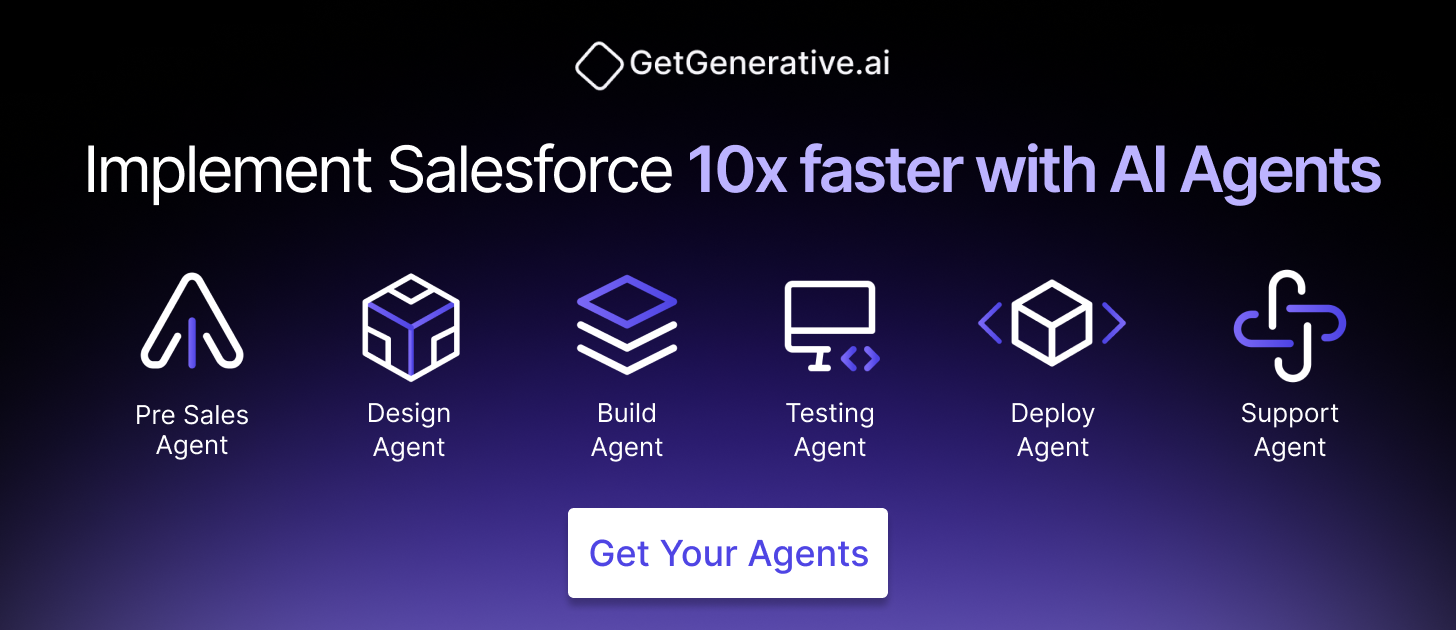Salesforce Consultant Costs and Pricing Strategies 2024
Navigating the landscape of Salesforce consulting can be challenging, especially when understanding the costs involved. Whether you’re a business looking to implement Salesforce for the first time or seeking ongoing support, knowing what to expect regarding pricing is crucial.
This guide will help you understand the different pricing models and what factors influence the costs of hiring Salesforce consultants.
Pricing Models for Salesforce Consultants
Salesforce consultants generally offer three basic pricing models: Fixed-Cost Project Pricing, Monthly Retainer, and Hourly Rates. Each model has pros and cons, and the right choice depends on your project’s complexity, team size, and support requirements.
Fixed-Cost Project Pricing
Fixed-cost projects are common when working with established consulting partners. This model involves a thorough discovery process, followed by a Statement of Work (SOW) outlining specific deliverables, timelines, and the total project cost. This approach provides cost certainty, making it ideal for large-scale projects with well-defined scopes.
Pros
- Cost Certainty: The project is scoped out from the start, helping you plan your budget effectively.
- Incentivized Efficiency: Consulting partners are motivated to work quickly while maintaining quality, as their income is guaranteed.
- Value for Money: Fixed-price projects often offer better value than hourly-rate projects, especially for large-scale implementations.
Cons
- Hefty Upfront Payment: Typically, you’ll need to pay around 50% of the total cost at kickoff.
- Less Flexibility: If your project scope or goals change, it can be challenging to adjust the fixed-price agreement.
- Rigidity: This model may not be suitable for smaller companies with rapidly changing priorities.
Also Read – Becoming a Salesforce Consultant – The Ultimate Guide
Monthly Retainer
A monthly retainer can be an excellent option for organizations with ongoing Salesforce requirements. This model, sometimes called “managed services,” involves a flat monthly fee for a set number of billable hours. It provides flexibility and access to Salesforce experts as needed.
Pros
- Flexibility: You have on-call access to the necessary expertise, which can be more adaptable than a fixed-cost project.
- Cost Savings: Negotiating a monthly retainer can lead to discounts compared to standard hourly rates.
- Stability: This arrangement provides more stability than ad-hoc hourly work, ensuring continuous support.
Cons
- Potential Waste: You may waste money if you don’t use all your billable hours.
- Use-It-Or-Lose-It Policies: Many vendors don’t roll over unused hours to the next month, so estimating your needs accurately is essential.
Hourly Rates
Hourly rates offer maximum flexibility and are the most common structure for freelance Salesforce contractors. This model allows you to start and stop work as needed and adjust the number of hours based on your current requirements.
Pros
- No Upfront Commitments: You only pay for the hours used, with no long-term obligations.
- Flexibility: Depending on project demands, you can easily increase or decrease the work volume.
Cons
- Cost Uncertainty: Predicting the total project cost can be challenging without a fixed scope.
- Potentially Higher Costs: Hourly rates can be more expensive than retainers due to the lack of income certainty for contractors.
Choosing the Right Pricing Strategy
Selecting the appropriate pricing strategy for Salesforce consulting depends on various factors, including project complexity, budget constraints, and the need for flexibility. Here are some tips to help you decide:
- Define Project Scope: Clearly outline your project goals and requirements to determine which pricing model best fits your needs.
- Consider Long-Term Needs: For ongoing support, a monthly retainer might provide the best value and stability.
- Evaluate Flexibility: If your project scope is likely to change, hourly rates or a flexible retainer model could be more advantageous.
- Budget Constraints: Fixed-cost projects offer cost certainty, which can be beneficial for budgeting purposes.
Also Read – Top 15 Apps for Salesforce Consultants
Hourly Rates for Different Salesforce Roles
The hourly rates for Salesforce consultants can vary significantly based on their role, experience, and the complexity of the tasks. Here’s a breakdown of typical rates for various Salesforce experts:
Salesforce Administrator
- Hourly Rate: $85 – $115
Salesforce Developer
- Hourly Rate: $90 – $140
Salesforce Technical Architect
- Hourly Rate: $160 – $185
Salesforce Solution Architect
- Hourly Rate: $130 – $160
Pardot Consultant
- Hourly Rate: $90 – $120
Marketing Cloud Developer
- Hourly Rate: $100 – $145
Conclusion
Understanding the costs of hiring Salesforce consultants is crucial for making informed decisions. Whether you opt for a fixed-cost project, a monthly retainer, or hourly rates, each model has advantages and challenges. By considering your specific needs and project scope, you can choose the pricing structure that offers your business the best value and flexibility.
Enhance your Salesforce consulting with GetGenerative.ai. Effortlessly craft outstanding proposals, enabling you to dedicate more time to providing exceptional client service.
Begin your journey today!
Frequently Asked Questions (FAQs)
1. What are the common pricing models for Salesforce consultants?
Fixed-Cost Project Pricing, Monthly Retainer, and Hourly Rates.
2. What are the pros of Fixed-Cost Project Pricing?
Cost certainty, incentivized efficiency, and better value for large projects.
3. What are the cons of Fixed-Cost Project Pricing?
High upfront payment, less flexibility, and rigidity in changing project scope.
4. What is a Monthly Retainer?
A flat monthly fee for a set number of billable hours, providing ongoing support and flexibility.
5. What are the pros of a Monthly Retainer?
Flexibility, potential cost savings, and stability in support.
6. What are the cons of a Monthly Retainer?
Potential waste if hours are unused and “use-it-or-lose-it” policies.




